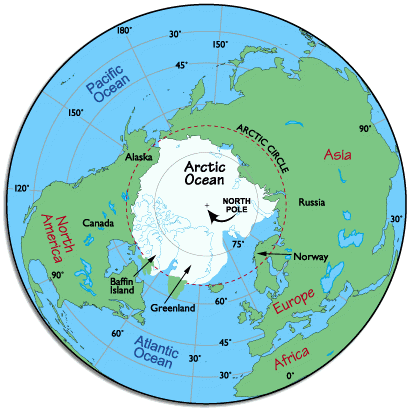
Practical information
Lunch debate with Lassi Heininen, University lecturer and Adjunct Professor at the faculty of Social Sciences, University of Lapland, Finland.
Dr. Lassi Heininen presented during his study “Arctic Strategies and Policies. Inventory and Comparative Study” during the lunch debate at Ifri Brussels.
He highlighted the main challenges for the Arctic region (sovereignty and national security, energy resources, climate change and transportation, among other issues) and made an overview of the priorities of each of the eight Arctic States: Canada, the Kingdom of Denmark, Finland, Iceland, Norway, Russia, Sweden and the United States, and also, the European Union.
In his opinion, the Arctic is a peaceful and stable region which could become a model for international cooperation, despite increasing talks of a race for natural resources in the region. He said that we have to consider the Arctic as a new region with challenges, not as the scenario for a new cold war.
He added that the Arctic is affected by globalized with issues such as energy security and increasingly interested actors, such as China and South Korea. Yet, the Arctic countries have yet to appreciate those emerging aspects.
Other events

Paris Naval Conference 2026: Naval Rearmament and Operations in Contested Waters
This fourth edition of the Paris Naval Conference (CNP), bringing together high-level military, industrial, and academic speakers, will address the challenges associated with general naval rearmament and naval operations in increasingly contested environments.

Is Fusion Coming Faster and Cheaper than Expected?
ITER was for long time the embodiment of fusion as an international, long standing R&D cooperation objective to seek a new way to produce safe, low carbon and abundant low carbon electricity. Yet over past years, fusion start ups, several governments and investors have decided to push fusion R&D and deployment to complement ITER. Major efforts are ongoing notably in the United States, China, Germany, Italy.






